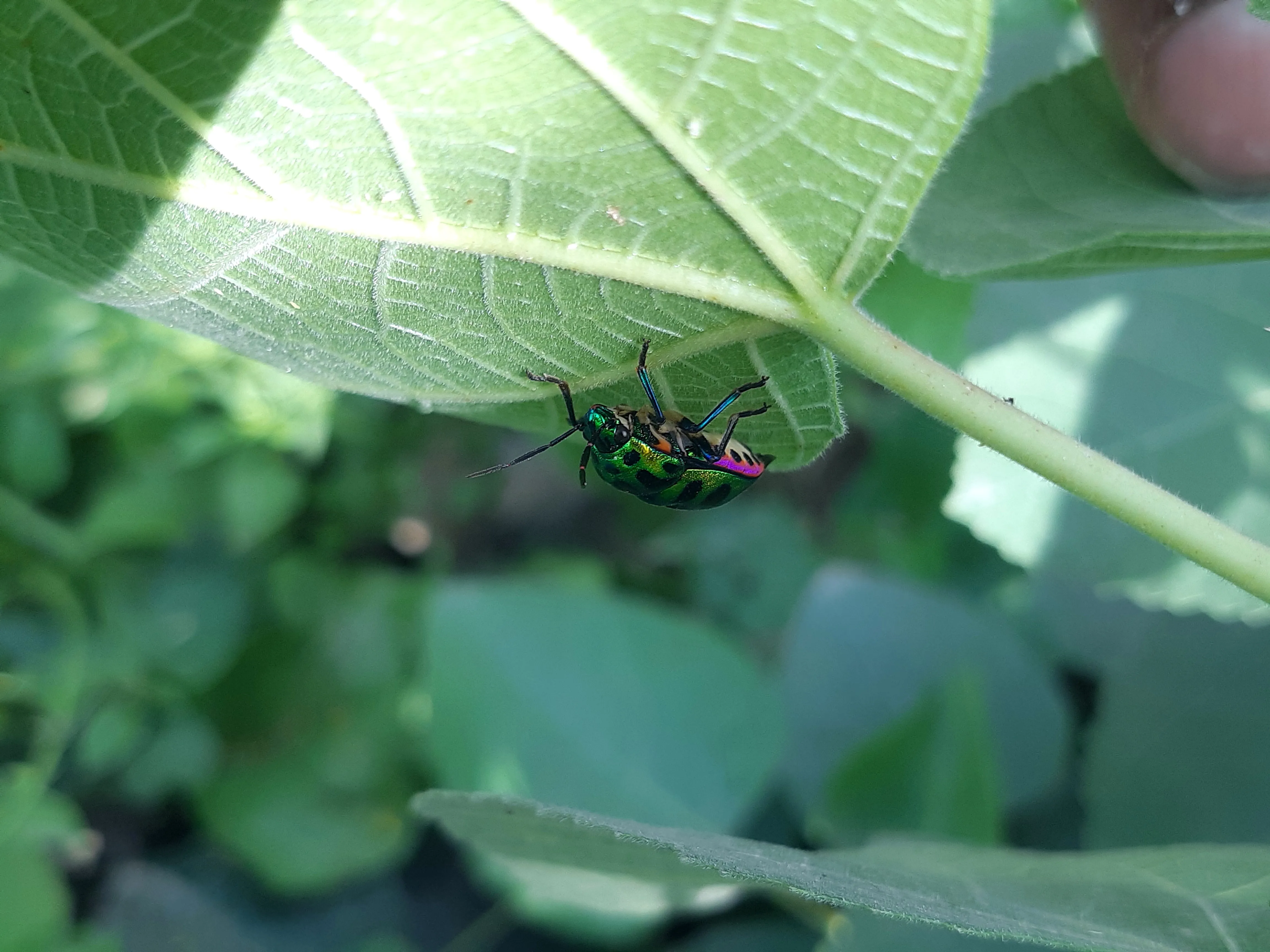Organic Pesticides: What You Need to Know
Navigate the world of organic pesticides with our comprehensive guide at Vriksha Farms. Ideal for gardeners in Bangalore, this post demystifies organic pest control options, highlighting their effectiveness and environmental benefits. Learn how to choose and use organic pesticides safely in your garden, ensuring a healthy, thriving, and eco-friendly growing environment. Embrace sustainable gardening practices with confidence and contribute to a greener, healthier planet.

Introduction
In the pursuit of sustainable and environmentally conscious farming, organic pesticides play a vital role. Vriksha Farms, committed to responsible agroforestry, emphasizes the importance of understanding and properly using organic pesticides in organic farming. This blog post aims to provide essential information about organic pesticides, their benefits, and their responsible usage.
Understanding Organic Pesticides
Definition and Types
Organic pesticides are derived from natural sources and do not contain synthetic chemicals. They can include plant extracts, minerals, and biological agents. Common types include neem oil, diatomaceous earth, and insecticidal soaps.
How They Work
Organic pesticides work in various ways, depending on their type. Some deter pests through smell or taste, others disrupt their life cycle, and some may physically affect the pests.
Benefits of Using Organic Pesticides
Environmental Safety
Organic pesticides are generally more environmentally friendly than synthetic ones. They break down more quickly and are less likely to contaminate soil and water.
Healthier Ecosystem
By using organic pesticides, farmers contribute to a healthier ecosystem. These pesticides are less harmful to beneficial insects, birds, and other wildlife, maintaining the natural balance in the environment.
Considerations in Using Organic Pesticides
Targeted Application
Organic pesticides should be used as part of an Integrated Pest Management (IPM) strategy. This means applying them in a targeted manner, only when necessary, and in combination with other organic farming practices.
Understanding Limitations
It’s important to recognize that organic pesticides may not be as immediately effective as synthetic ones and may require more frequent application. Knowing their limitations helps in setting realistic expectations.
The Role of Organic Pesticides in Sustainable Farming
Supporting Organic Certification
For farmers aiming for organic certification, using approved organic pesticides is a requirement. This aligns with the overall goal of producing food that is safe and sustainable.
Consumer Demand for Organic Produce
There is growing consumer demand for organically produced food, partly due to concerns about synthetic pesticides. Using organic pesticides helps farmers meet this demand and access premium markets.
Challenges and Solutions
Accessibility and Cost
Organic pesticides can be more expensive or harder to find than synthetic ones. However, investing in them is investing in long-term sustainability and health.
Education and Training
Proper knowledge about the use and effectiveness of organic pesticides is crucial. Vriksha Farms addresses this need by providing educational resources and support for organic farming practices.
Conclusion
Organic pesticides are a key component of sustainable and responsible farming. They offer a safer, more environmentally friendly approach to pest control while supporting the goals of organic agriculture. Vriksha Farms advocates for the informed use of organic pesticides, contributing to the broader mission of sustainable living and a healthier planet.
